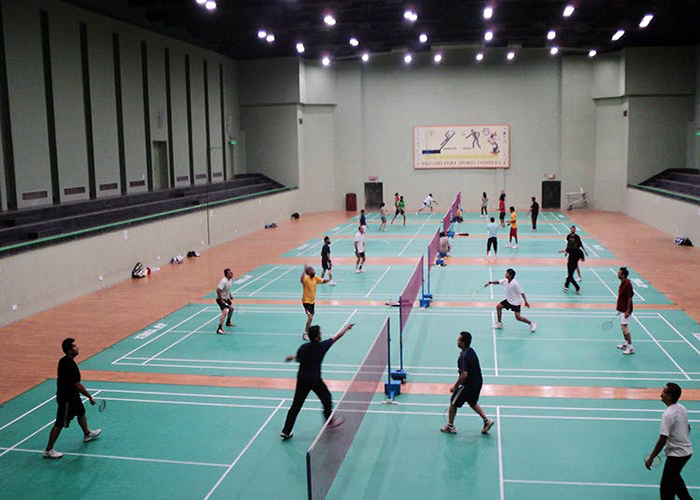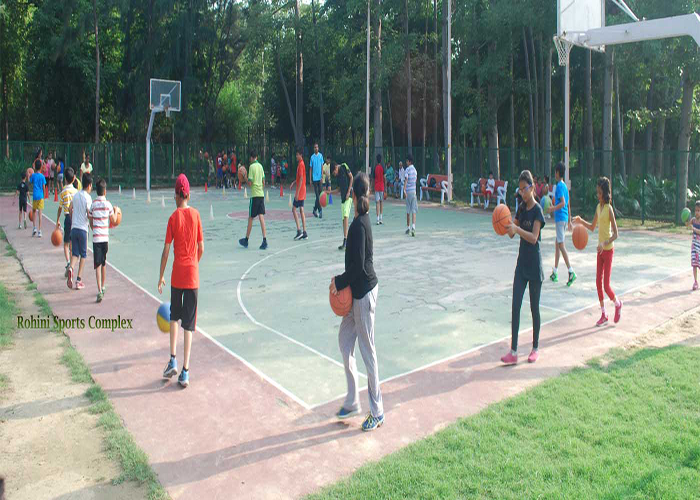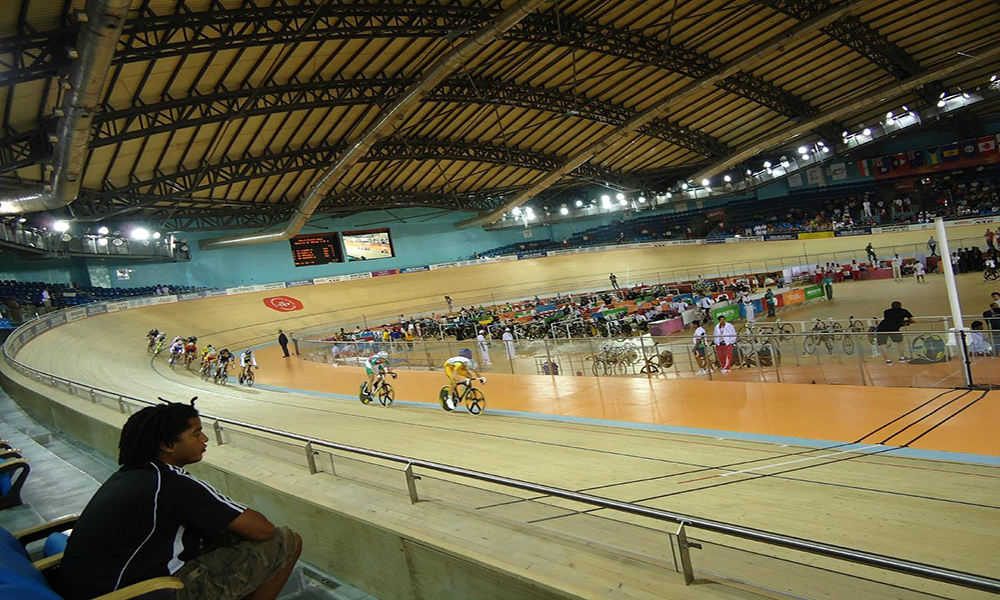Effective Water Management and Wastewater Treatment Solutions for Sports Complexes Using STP, ETP, WTP, WWTP, and Industrial RO Systems

Sports complexes have seen significant development across India, particularly in Maharashtra, which has become a hub for athletic training and sports events. With growing urbanization and rising interest in fitness, the establishment of indoor stadiums, swimming facilities, training centers, and multi-sport arenas has surged. These complexes are not just for events but act as full-time training venues.
In Maharashtra, metro cities like Mumbai and Pune have witnessed government and private investment in world-class sports infrastructure. Such complexes boost the economy and increase the demand for sustainable water management systems. Water consumption, turf maintenance, arena cleaning, and sanitation for players and spectators require a robust water infrastructure and advanced wastewater solutions.
Understanding Water Demand and Usage in Indian Sports Complexes and Their Role in Operational Efficiency
Water is indispensable to the daily functioning of sports complexes. It is used in various ways—filling and maintaining swimming pools, irrigating fields, cleaning sports surfaces, and for domestic purposes such as restrooms, canteens, and showers. Even artificial turf and indoor gyms demand regular cleaning to meet hygiene standards.
In large complexes, water demand can exceed thousands of liters per day. Without proper planning, it could lead to severe resource strain. Intelligent water management ensures uninterrupted operations and helps maintain facility hygiene and comfort for athletes and visitors. Therefore, sports facility managers increasingly rely on water treatment systems to meet their growing water needs efficiently and sustainably.
Activities in Sports Complexes That Commonly Contribute to Wastewater Generation daily
Numerous daily operations within sports complexes produce wastewater. Swimming pools need regular filtration and backwashing, while showers and locker rooms generate large volumes of greywater. Maintenance activities like cleaning gym equipment, washing artificial turf, and flushing toilets add to this waste.
"Water is not just a utility in sports complexes—it's the silent backbone of hygiene, maintenance, and athlete safety. Efficient water usage and proper wastewater treatment are essential to keep facilities functional, eco-friendly, and future-ready. Without water, even the best sports infrastructure becomes unplayable."
Food courts and cafeterias inside the premises also produce wastewater high in organic content, oils, and grease. Additionally, events and tournaments attract large crowds, increasing water usage and, consequently, wastewater generation. All these processes create varied types of effluents, making it crucial for sports complexes to adopt comprehensive treatment systems. The aim is not only to comply with environmental regulations but also to create a sustainable ecosystem.
Types of Wastewater Found in Sports Complexes from Various Operational and Maintenance Activities
The wastewater generated in sports complexes varies widely in composition. Greywater from showers and sinks contains soap, oils, and personal care products. Swimming pool water contains disinfectants like chlorine, while wash-down water from turf areas may carry soil, fertilizers, and debris.
Kitchen wastewater can contain fats, oils, and food residue in facilities with food courts—requiring grease traps and pre-treatment. Toilet and urinal wastewater is classified as black water and needs thorough biological treatment. These waste streams pose different treatment challenges and demand specialized technologies such as STPs (Sewage Treatment Plants), ETPs (Effluent Treatment Plants), and RO systems for effective processing.
Steps Taken by Sports Complexes to Ensure Proper Treatment of Their Wastewater Output
Most large sports complexes implement customized wastewater treatment systems to address wastewater concerns. Sewage from restrooms is treated in STPs, which involve processes like sedimentation, aeration, and disinfection before safe discharge or reuse. Similarly, greywater from showers and cleaning areas undergoes filtration and chemical treatment.
ETPs are often installed in kitchens and food courts to manage oily and greasy waste. These plants employ oil separators, biological filters, and sludge handling units. The final treated water is either reused for non-potable applications—like flushing and irrigation—or safely discharged into municipal sewers. This not only helps maintain environmental compliance but also supports water conservation goals.
Adoption of Smart Technologies for Efficient Wastewater Treatment and Reuse in Sports Facilities
Modern sports complexes are turning to technology to meet water sustainability goals. STPs and ETPs now have innovative real-time monitoring tools that track water quality. Automation in chemical dosing, aeration, and filtration enhances plant efficiency while reducing manual intervention.
Industrial RO systems are used to recycle water for cooling systems, floor cleaning, or even landscaping. Some advanced facilities implement membrane bioreactor (MBR) technologies for compact, high-efficiency wastewater treatment. These complexes drastically reduce their dependency on external water sources by reusing treated water, ensuring cost savings and a lower carbon footprint. These innovations are essential to meet future environmental standards.
Offering End-to-End Solutions for Sports Complex Water and Wastewater Management Across India and Maharashtra
We provide comprehensive water treatment solutions tailored to the specific needs of sports complexes. From consulting and design to installation and maintenance, we offer full-service support for STPs, ETPs, WTPs, WWTPs, and Industrial RO systems. Our engineers conduct site assessments to ensure the proper treatment technology is chosen.
Whether a small indoor facility or a large stadium with extensive footfall, our solutions are scalable and compliant with state and central environmental regulations. We also offer automation tools for monitoring, data logging, and operational alerts, giving you complete control over your water systems. Our commitment is to help sports facilities operate efficiently while safeguarding natural resources.
Conclusion: Sports Complexes and the Role of Water Treatment Plants:

Conclusion: Sports Complexes and the Role of Water Treatment Plants:
Sports complexes are water-intensive facilities that demand efficient and sustainable water usage and wastewater management solutions. From maintenance to hygiene and landscaping, water is integral to their operations. Without proper treatment systems, these facilities risk non-compliance and environmental degradation.
Sports complexes are water-intensive facilities that demand efficient and sustainable water usage and wastewater management solutions. From maintenance to hygiene and landscaping, water is integral to their operations. Without proper treatment systems, these facilities risk non-compliance and environmental degradation.

